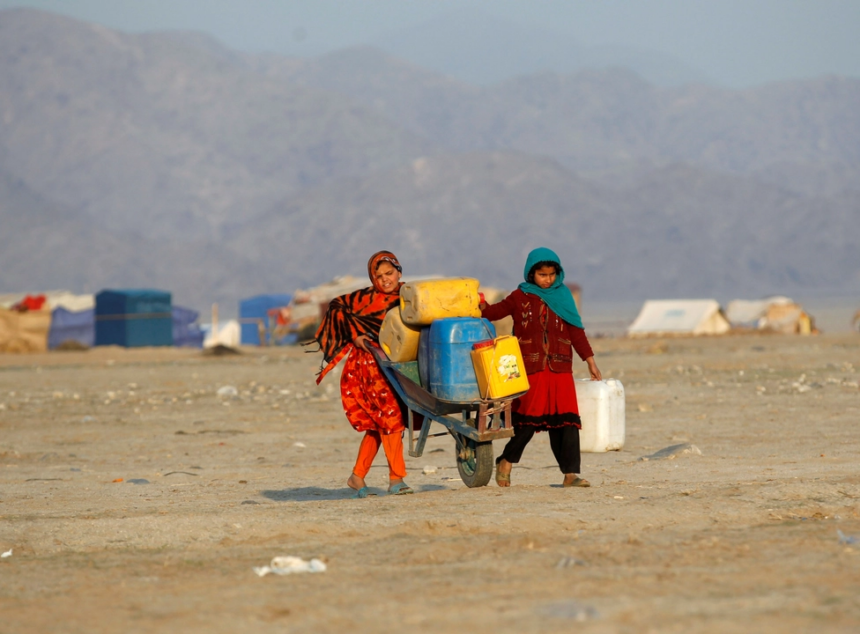RASC News Agency: The United Nations Human Settlements Programme (UN-Habitat) has issued a stark warning regarding Afghanistan’s intensifying water crisis, revealing that vast numbers of Afghanistanis particularly those living in informal settlements remain deprived of safe drinking water and adequate sanitation. In a statement posted on Tuesday, April 15, via its official X (formerly Twitter) account, UN-Habitat underscored the critical need for urgent and coordinated efforts to expand access to clean water and improve public health infrastructure across the country.
“Water is dignity, health, and the foundation of resilient societies. In Afghanistan, millions continue to be denied access to clean water and sanitation,” the agency stated.
Water scarcity has emerged as one of the most acute and escalating challenges facing Afghanistan today, threatening the lives of millions and triggering cascading effects on public health, food security, and social cohesion. The compounded impact of prolonged droughts, climate change, and deteriorating infrastructure has pushed many communities to the brink of survival.
Earlier reports by the UN Office for the Coordination of Humanitarian Affairs (OCHA) revealed that 39% of Afghanistani households are suffering from water shortages due to declining water tables and prolonged periods of drought. Alarmingly, around 23% of the population is now forced to rely on untreated water sources significantly raising the risk of disease outbreaks, especially among children. The International Committee of the Red Cross (ICRC) has further reported that approximately 33 million people in Afghanistan currently lack access to safe drinking water a staggering figure that reflects the scale of the crisis.
Despite the gravity of the situation, the Taliban regime has shown little capacity or political will to respond effectively. Critics argue that the group’s preoccupation with ideological control and militarized governance has left critical sectors, such as water and public health, dangerously neglected. International humanitarian organizations continue to emphasize that access to clean water is a basic human right and have called on global donors to step up efforts to address the crisis regardless of the Taliban’s pariah status. As the effects of climate change deepen and Afghanistan’s infrastructure remains paralyzed by conflict and mismanagement, the risk of widespread displacement and humanitarian catastrophe grows by the day.
The world is now faced with a defining choice: remain passive in the face of preventable suffering or take decisive action to ensure that the people of Afghanistan are not abandoned in their hour of need.






